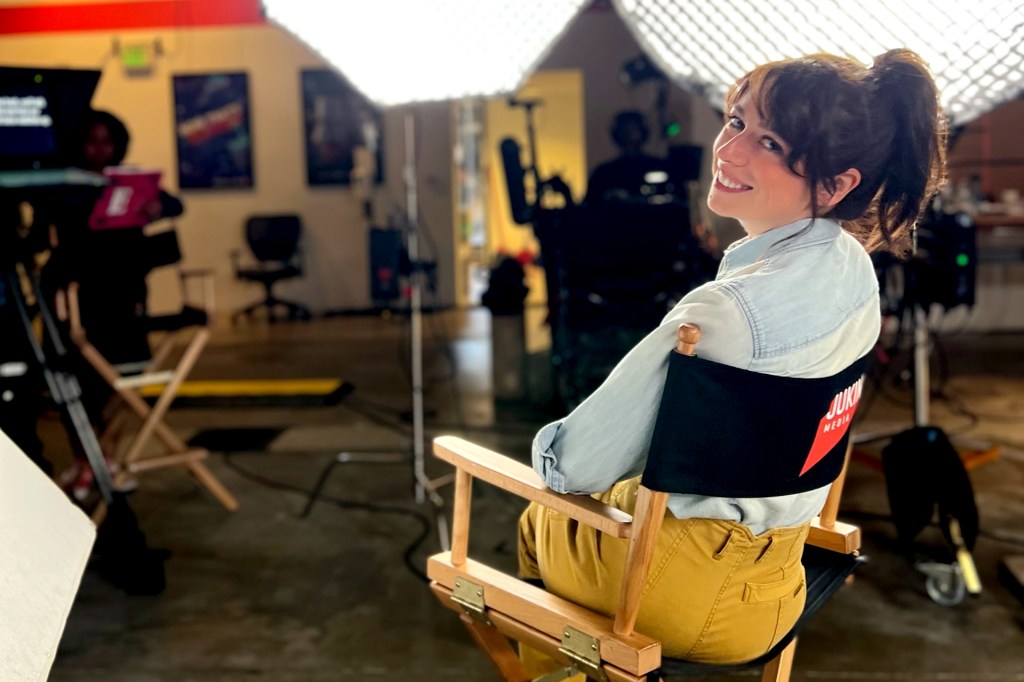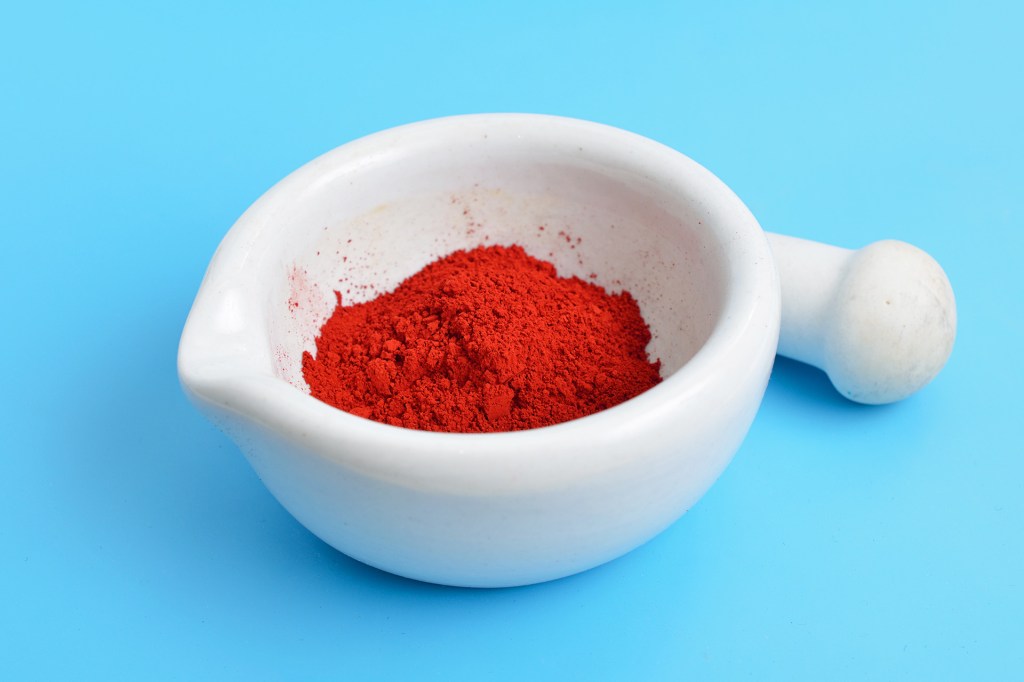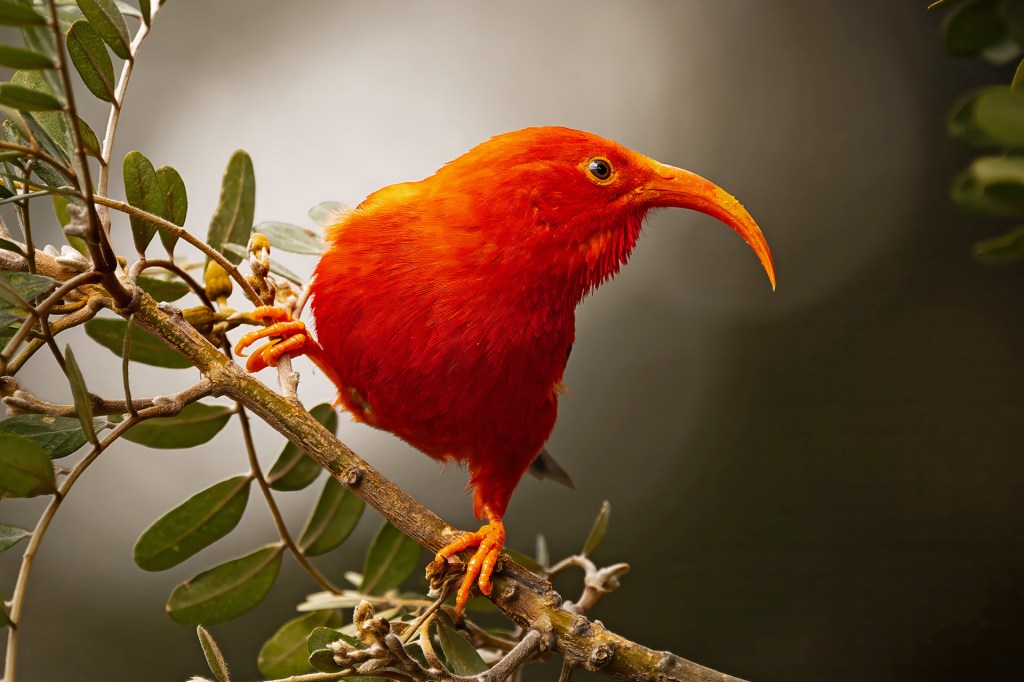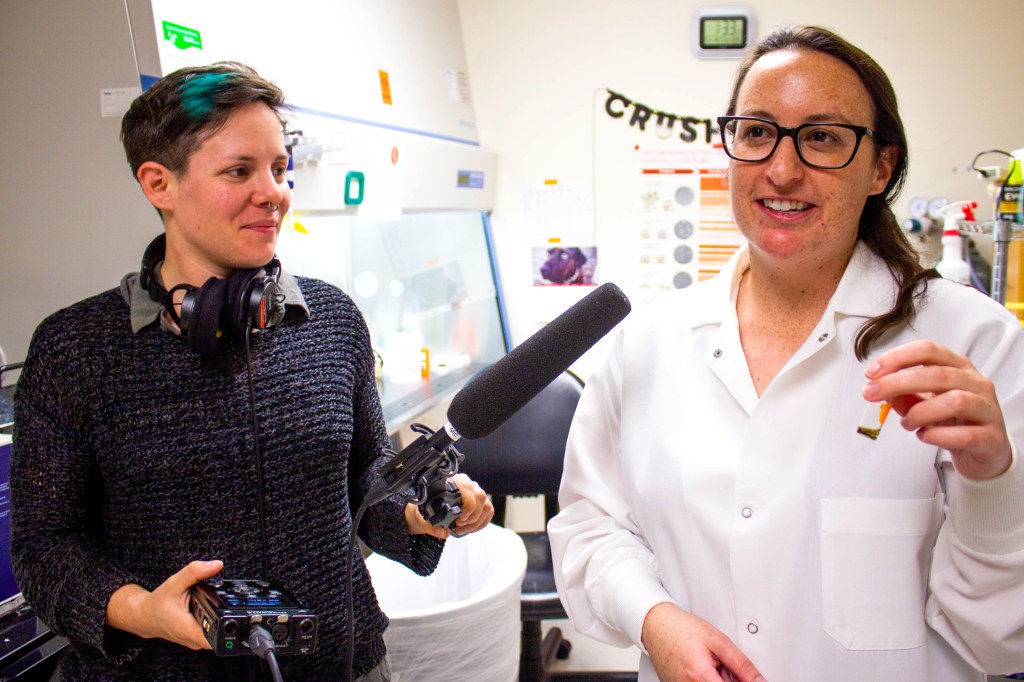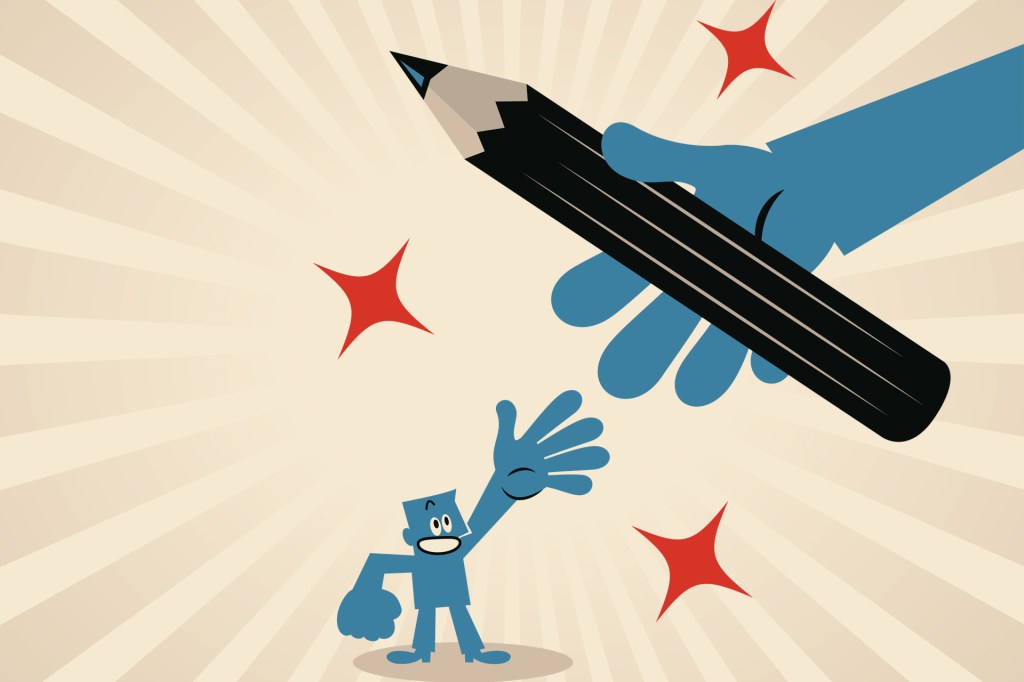
Research has shown that adults undervalue undervalue to assume that something is less important than it is (verb) the impact of random acts of kindness. They assume that their actions won’t make too much of a difference. But small acts of kindness have a bigger impact than they think.
In 2023, researchers Margaret Echelbarger and Nick Epley published a study in the Journal of Experimental Psychology. It described an experiment they had run to find out if the same is true for kids.
Powerful Pencils
The experiment took place at the Griffin Museum of Science and Industry, in Chicago, Illinois. Researchers spoke with 101 kids who were visiting the museum. With their parents’ consent, the kids were offered two free, museum-branded pencils. They could take both pencils home. Or they could perform an act of kindness: allowing the researchers to give one of the pencils to a stranger. The kid could point out the person who should get the pencil.
Before giving away the pencil, the researchers asked the kids to guess how “big” their act of kindness would feel to the recipient recipient someone who receives something (noun) . Would the person be happy? Or would the gift feel like no big deal?
Many kids had trouble guessing, says Yanyi Leng, a research assistant who helped with the experiment. Leng told TIME for Kids that some of the children said, “I’d like to give my pencil . . . but I’m not sure how they’re going to feel.”
Happy Results
The recipients were happy to receive the pencils. In fact, they were much happier than the givers had predicted. Additionally, the givers reported feeling a sense of satisfaction after doing a good deed. “It speaks to the power of these small, random acts of kindness,” Echelbarger says. “Like, ‘You could have chosen anyone, but you chose me.’”
Echelbarger and Epley’s study proves that doing good feels good. This is true for the kid on the receiving end of a good deed as well as for the kid who performs it.
Echelbarger hopes the study will encourage kids to spread kindness, especially in ways that might feel small or unimportant. She says people usually appreciate when someone says hello, holds a door for them, or offers an unexpected compliment. “Those things—we like being recipients of them,” she says. “So we should also do them.”






